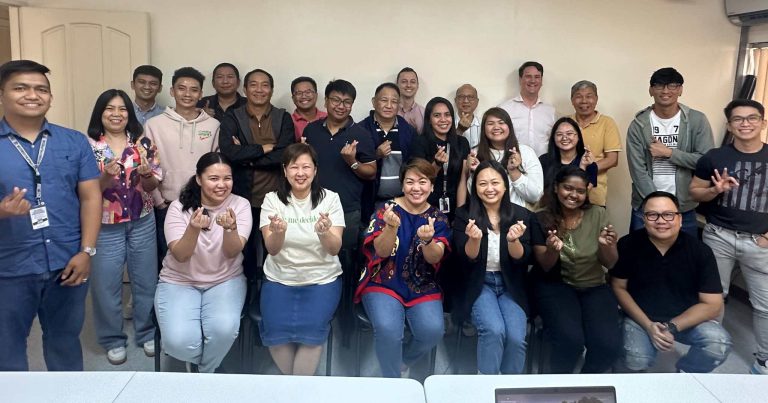April 14th, 2020
Helen Mathieson has been an energetic and proactive member of the Vegware team for the last 18 months. As a result of the COVID-19 pandemic, Helen’s role, as Supply Chain and Customer Service Director, has been put to the test. The marketplace is frequently changing, supplier and customer behaviour is unpredictable all coupled with having to now manage her team remotely.
Vegware’s quick thinking and entrepreneurial spirit saw the team respond to the changes brought about by COVID-19 efficiently. This allowed them to stay ahead of the curve and continue to offer their customers and suppliers the brilliant service Vegware prides themselves on.
This interview with Helen outlines how Vegware has managed to prioritise tasks and maintain customer & supplier relationships whilst also providing charitable support to our valuable NHS by donating packaging for NHS staff meals.
1. Tell me a bit about Vegware. Where did the company originate from?
We make compostable food service disposables. As well as providing a full range of food service products, we also provide a collection service which collects used product and puts it into industrial composting. A “close the loop” solution.
2. And what about you? what’s your background?
I cut my teeth in sales, but the last ten years has been in Supply Chain and Operations- previously for a fashion brand.
3. Given ‘normal’ times, what does a sunny week approaching Easter normally look like for Vegware?
Enjoying the buzz of the increased demand for stock that comes with the first opportunity for the public to enjoy some good weather. A sunny breakfast training meeting with the team with all the windows open.
4. When did you first start noticing demand changes / supply changes as a result of COVID-19?
We have felt the impact as a result of the lockdown – before that it was pretty much business as usual.
5. Can you talk me through some examples of these?
A large section of our customer base simply closed overnight. Cafés, schools, Unis and B&I sites just closed overnight.
6. What were your initial steps to combat / deal with the changes?
We had to reforecast immediately and paused production orders whilst we took stock of the new pattern of demand and tried to understand what our changing product demand was.
7. Have you found relationships with customers and suppliers have changed during this period? (examples)
No, we have strong relationships with both of our suppliers and customers. We believe that understanding each other’s business is key and as a consequence we already have regular contact. Sharing information, working together and being flexible is key to success and essential at times like this.
8. If you could go back in time 4 weeks, what would you have done differently?
I’m not sure that four weeks would have given us the time to do anything different. We plan weekly, but the impact upon businesses across the UK has been almost instantaneous. I doubt there is a business who was really in a position to plan any outcomes for this scenario.
9. Given that the initial shock wave is subsiding, what is your priority focus now?
We are finding that many of our customers are focussing on being effective at the risk of losing some efficiencies – but it is at times like this that speed and decisiveness is often a game changer
Our priority is our staff and maintaining our business. We are being as flexible as possible in order to deliver our customer needs. We’re working in new ways to deliver goods, we are focussed on tapping into new markets and gathering as much intel as possible on a very changed market. Identifying new demand and being able to react quickly are key.
As well as this we are trying to provide support to our charity partners with the provision of ageing stock that we can donate.
10. Understanding that the Vegware team are now working from home, how are you finding managing a planning team remotely? pros / cons / what have you done to stimulate and motivate?
We’ve embraced “Teams” as a business. We’ve been sharing favourite objects, views from our windows, mini competitions and a full 80 person team meeting. One to ones with line reports were a regular weekly thing- and this hasn’t changed. Its just done over video. Sharing the funny stuff as well as information is key to keeping the team engaged and buoyant.
11. Once things have returned to “normal”, do you think your supply chain would have changed? if so, how?
I’m not sure we will see changes in supply chain but i do think that we will pause and reflect on the period. We will review our approach to stock, to customer orders, to the way we plan and manage. Our approach in normal times is to do this as standard, but as with anything which results in significant impacts to business, we should review and learn in order to improve.
12. When lock down is over, what is the first thing you will do / where will you go?
I’ll be at the beach with family and looking forward to a normal Monday at work…



